Graham André on No More Boys and Girls...?
Teacher Graham André tells Kirstie Beaven about his experience of taking part in a BBC documentary on gendered behaviour in school.
When we were setting up Sonshine, we had a lot of conversations about the missing pieces of the puzzle. It seemed that no one was talking about changing the world boys lived in (and definitely not in the way we talked about changing the world girls lived in).
We looked for the resources and articles about this, but they were few and far between. So we decided to start our own place for challenging stereotypes for boys as well as girls. We spent a year or so trying a few things out, and then, finally, in 2017, something really kick-started us to push the first issue of the magazine out. That was the fantastic BBC documentary; No More Boys and Girls: Can our kids go gender free?
If you haven’t seen it, go and watch it immediately. If you have seen it, it bears a re-watch. Dr Javid Abdelmoneim heads to a primary school (for children aged 5-11) on the Isle of Wight and observes one of their Year 3 classes, to see exactly what their attitudes to boys and girls (and men and women) are. The initial discussions are eyeopening. This class of 7-8 year olds already thinks that boys are better, cleverer, stronger, more successful than girls. The boys think it and the girls think it too. The girls underestimate how well they’ll do in tests and the boys overestimate how good they’ll be. The girls have more vocabulary for their emotions except, if they’re talking about anger, when the boys have greater numbers of words to talk about it. One girl even uses the word ugly to describe herself. Remember, they are 7 and 8.
Over the course of the two episodes, Javid Abdelmoneim works with the class teacher Graham André to make changes to how the children are treated in the class – no more coat pegs divided into girls and boys, no more girls and boys lines. And as Javid says, ‘the biggest influence in the classroom is Graham’, so no more calling the boys ‘mate’ and the girls ‘love’… They work together on all the big messages the children get in the classroom (and at home – from clothes to toys) and all the micro-messages that subtly reinforce the ideas that girls and boys are different.
And they change not only the kids’ ideas, but ideas for the parents and families and across the school.
I’m not going to recount the entire programme, because it’s online here and you can watch it for yourself. It is the most life-affirming and inspiring documentary – because it shows that small changes go a long way to make huge differences to the life chances of our children. Javid Abdelmoneim is a engaging and kind presenter and the families obviously respond to his gentle and clear suggestions and changes. The children are so smart and funny and honest – and they can teach us all a thing or two. The thing that I loved most about this programme, though, was how open Graham was to change. How he was able to see how his teaching styles and habits could affect the children and was not defensive about it, but willing to try something different and see what might happen.
Since the programme, I’ve followed Graham on Twitter and he is so generous with his time and passion – constantly answering questions about primary education and gender equality with good humour and kindness, and sharing his experiences and expertise. With characteristic generosity, despite it being the busy beginning of a new school year, he’s agreed to tell us a little bit about how the school, the staff, the children and he, himself, have changed since the making of the documentary.
KB: Has your experience with the documentary changed the whole school's approach to gender equality? Is it a change across the school, or more focused in the classes you teach?
GA: Our head Caroline was so impressed with the impact that the interventions had during the six weeks of filming that she wanted to roll them out across the school. New staff and teachers have a session with me on stereotypes, and we also offer a session to Newly Qualified Teachers on the Isle of Wight through our Teaching Alliance. The whole school now have the positive signs around class, use picture books that bust stereotypes and all adults working in the school think carefully about the language and choices we make around our children. When planning for our topics we also make sure we have an area of the curriculum looking at ‘gender equality’. We also make sure that when planning for Science, Art, History etc. that we are looking at a balanced number of men and women in those fields.
KB: Now that you’ve made changes in the classroom, have you seen an impact on attainment in subjects that are traditionally of concern at primary school? I'm thinking of things like boys' attainment and interest in literacy or girls' attainment and interest in Science, Tech, Engineering and Maths subjects.
GA: We have seen a big improvement in girls maths scores and I feel a lot of this is down to the positive messages that they are receiving, they have a greater belief in their own ability. We have also seen more boys joining dance clubs, with our ‘Boots to Ballet’ initiative being a great success. Our boys have opened the show for an international dance ballet show ‘Ballet Works’ for the past two years. Our girls’ football team have also had great success, they have been Island champions for the past two years after being unable to win a single game. Boys’ literacy is a target for us this year, we have started this term with the topic of ‘Men Who Dared to be Different’ and will be hoping to inspire our boys to help them enjoy literacy more. If anyone has any tips on how we can do more with this, please let me know.
KB: What was the change or realisation or experience that most surprised or affected you?
GA: It was the language I used in my own class, I did not realise that my terms of endearment were having such an impact. It is so important to think about the words we choose when talking to our children. I am also loving the range of 'Gender Busting' books out there, these are fantastic for conversations about wanting to be or do anything.
KB: What advice would you give other teachers wanting to make their class more gender equal?
GA: Firstly I would ask them to please watch the documentary 'No More Boys and Girls' (it can be found online here). I would start with small things: think about your interactions with children. Do you treat girls and boys differently? Do you have different expectations depending upon gender? If you need any resources or advice you can always contact me via Twitter or email, I am more than happy to help.
KB: Do you have any advice for parents on how to approach their school on gender equality? Or changes they could make at home to supplement what the school might be doing?
GA: Since the documentary I have had the opportunity to travel the country and speak to some amazing people that want change. I have also become a patron for the Gender Equality Collective: https://thegec.org/. They are a not-for-profit organisation that wants to make a change in schools, businesses and at home so it would be a good idea to sign up to their website for advice and help.
As for approaching school, I think it is so important that our children are aware of stereotypes and the impact they can have. The new PSHE (Personal, Social and Health Education) curriculum does have a small section on this but I feel it needs to have greater priority, especially regarding the mental health of our boys and allowing them to show and express feelings. Again if you approach your school and they don't seem keen on the idea, I am just an email or tweet away and more than happy to help. Anything you can do as a parent to help break stereotypes is fantastic, it will help shape the thoughts and values of the children of the future. Please send me any stories of gender busting successes or failures, I love to read them.
Useful links
No More Boys and Girls website at the BBC: https://www.bbc.co.uk/programmes/b09202jz
Watch No More Boys and Girls on YouTube: https://www.youtube.com/watch?v=3Y4lgKnmWSk&t=273s
Join the Gender Equality Collective: https://thegec.org
You can find Graham on Twitter @grahamandre where he hosts a number of primary education and gender equality ‘tweet ups’, and shares his experiences and expertise with great generosity. Head over there, or leave us a comment here, with your thoughts on the documentary or your own experiences of challenging gender stereotypes in schools.

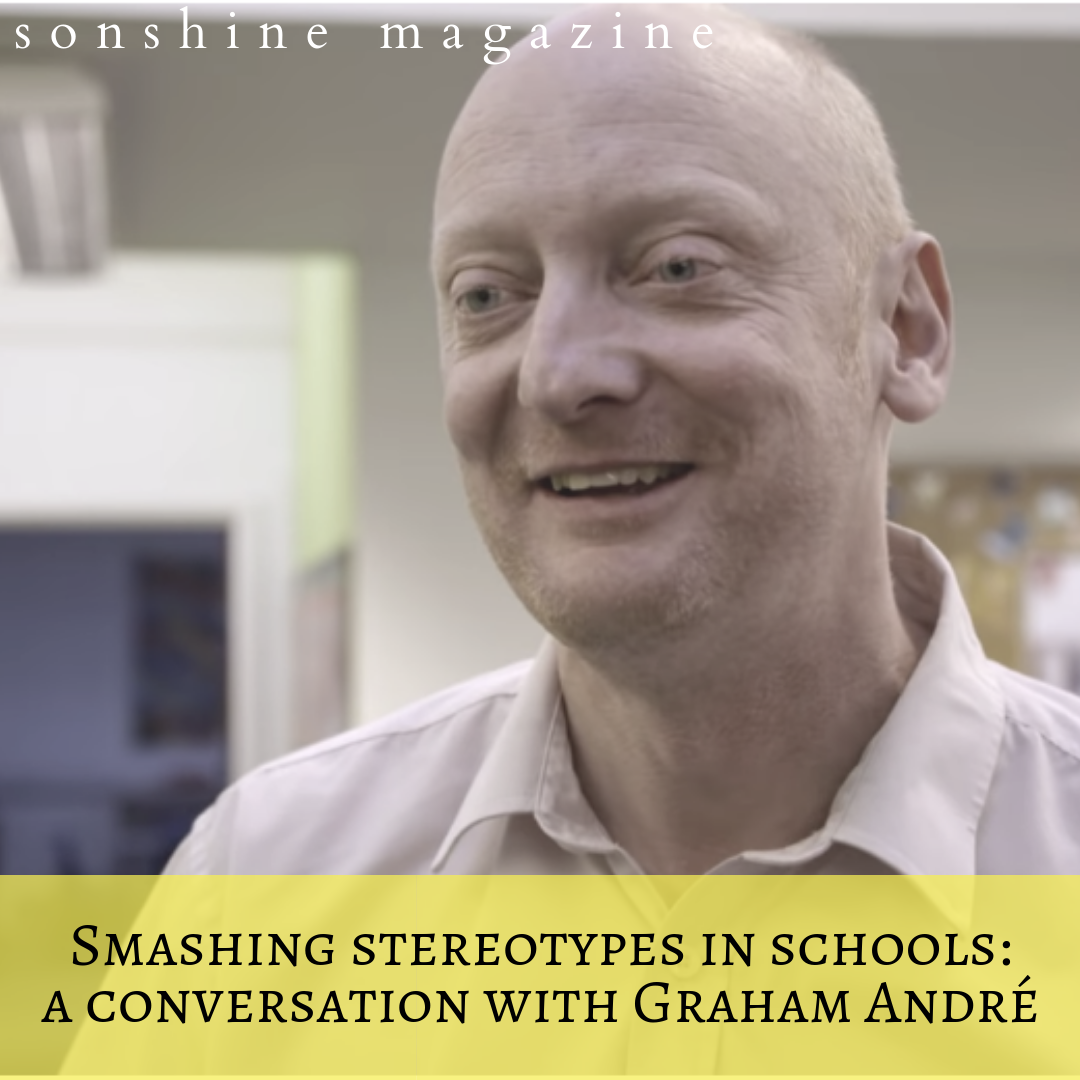
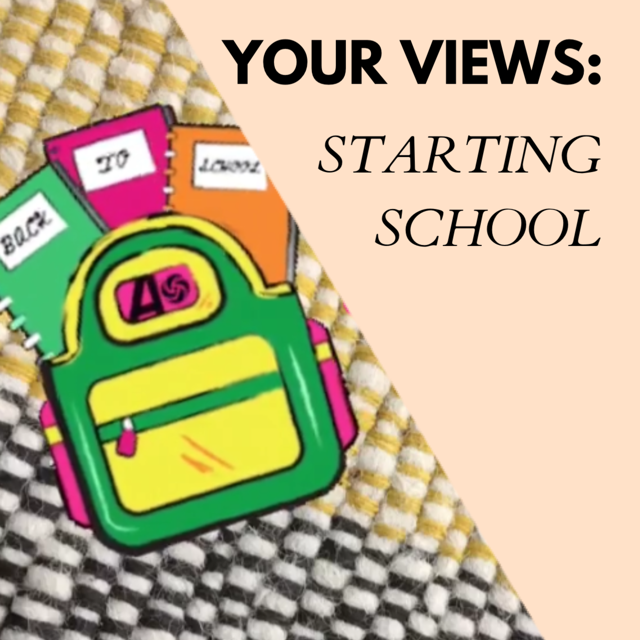

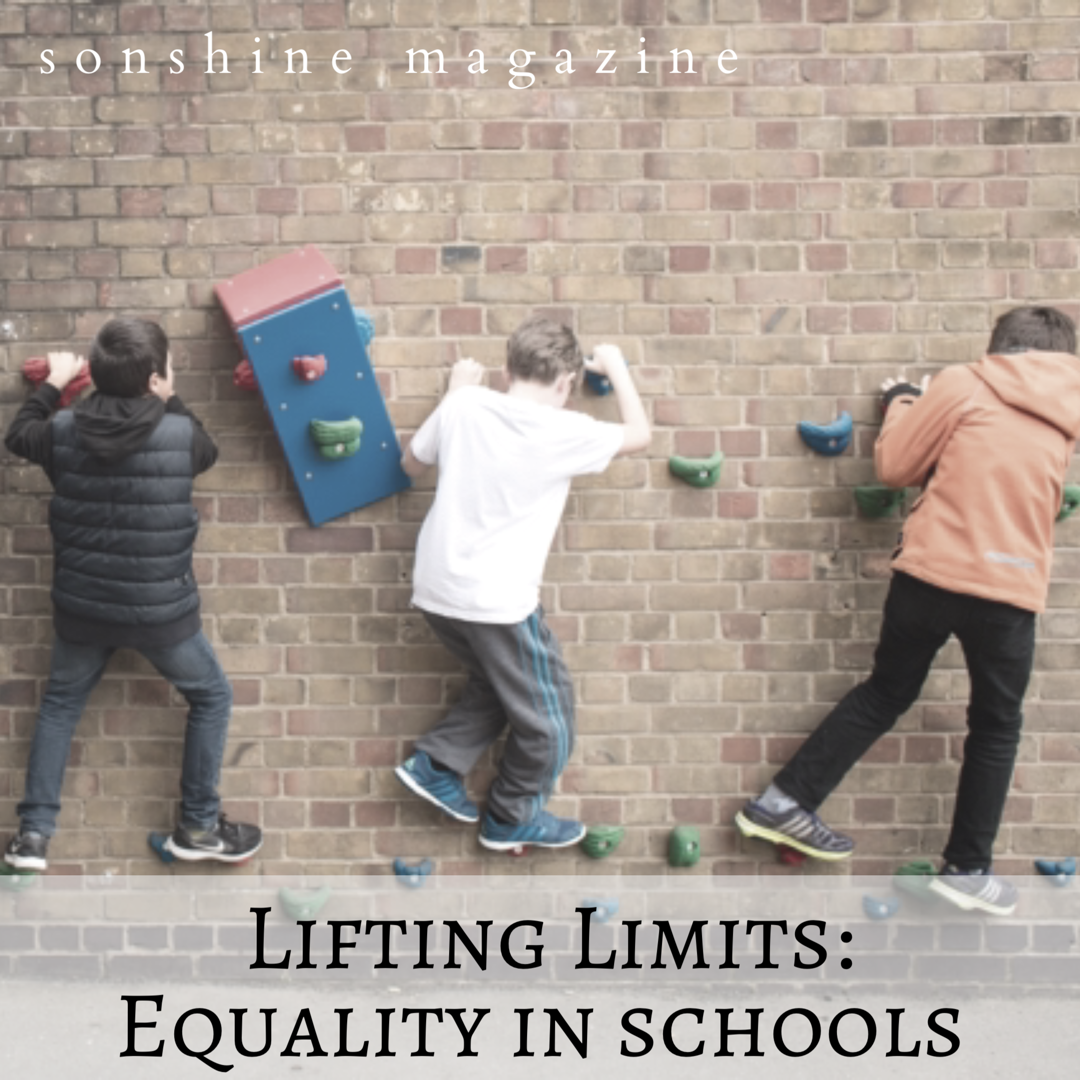
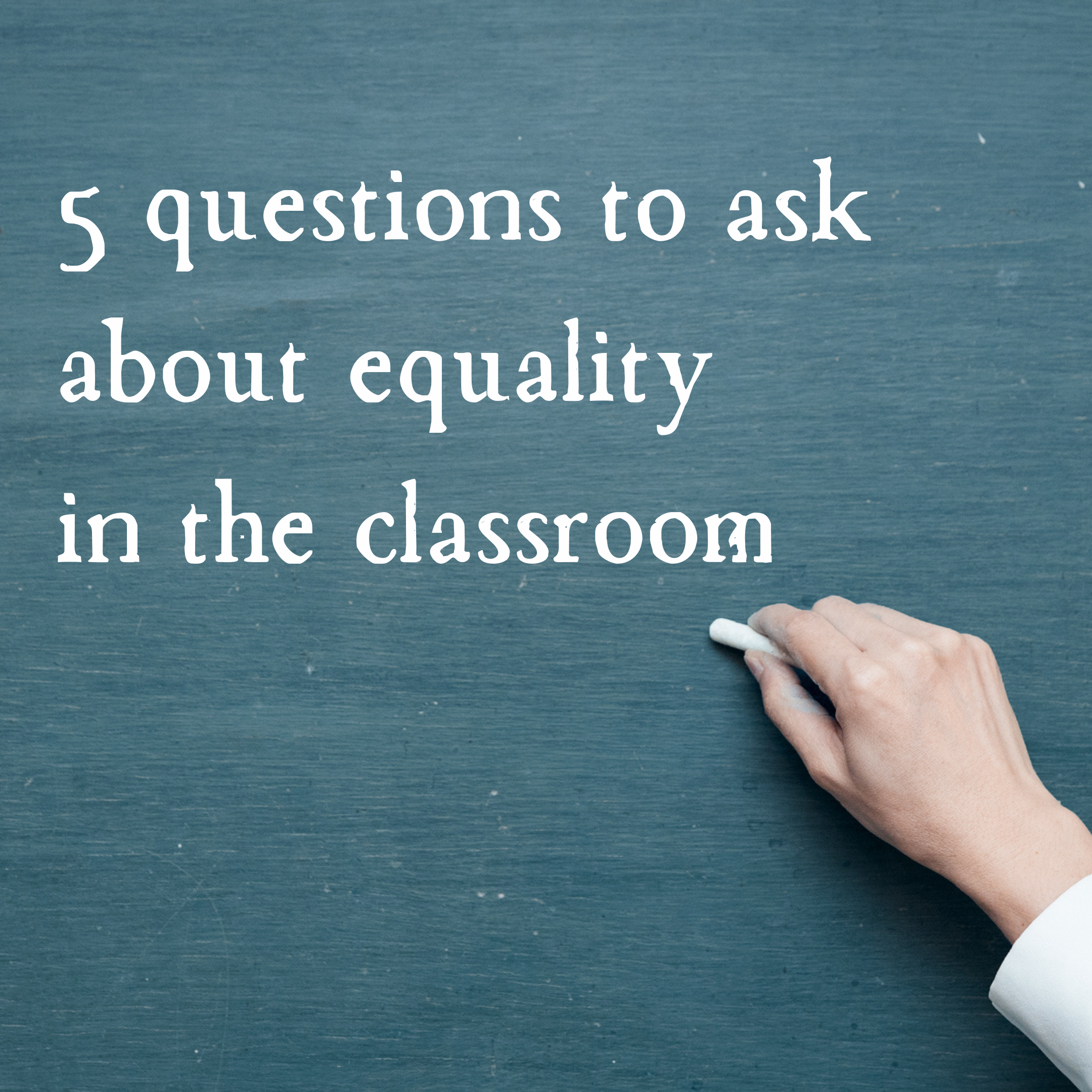

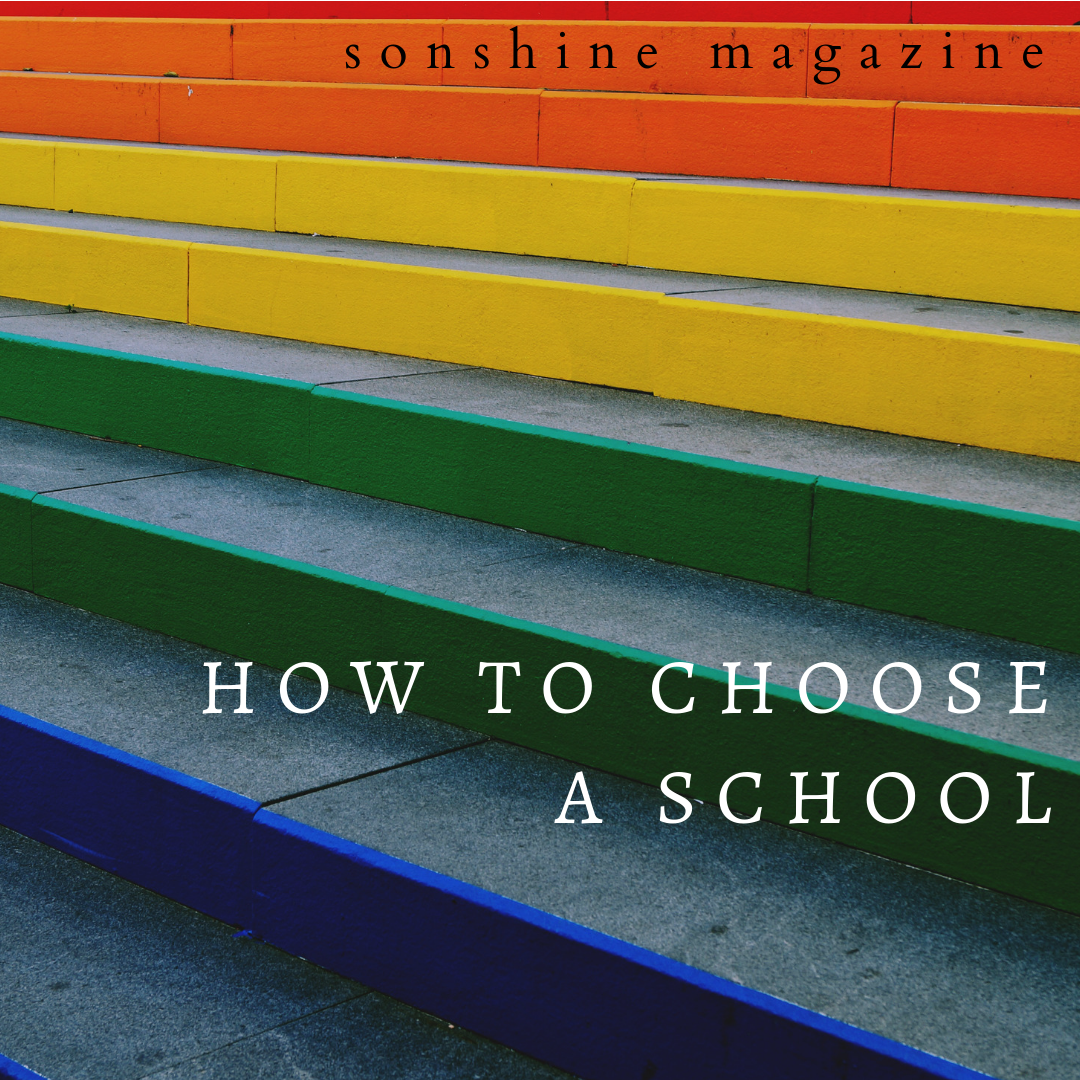
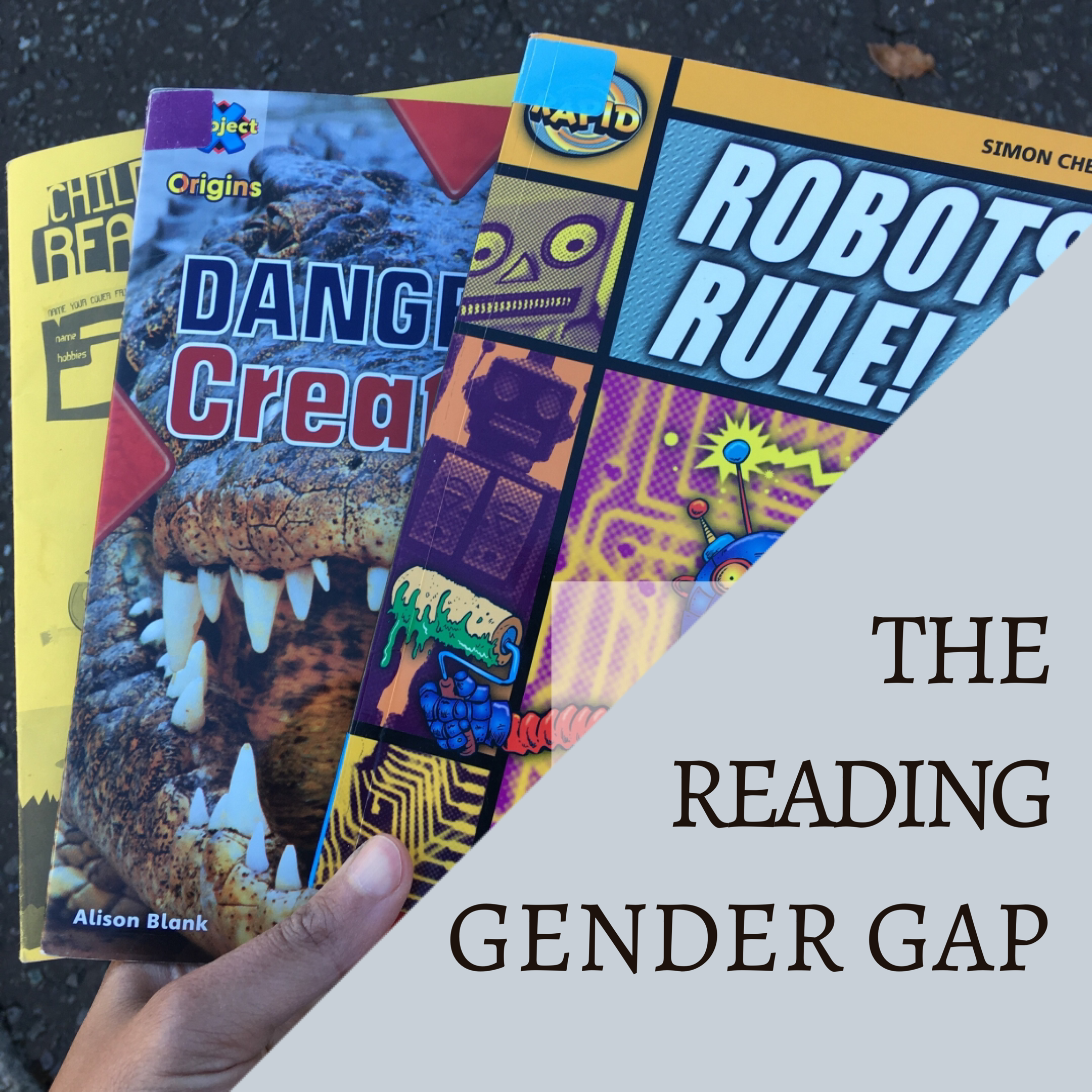
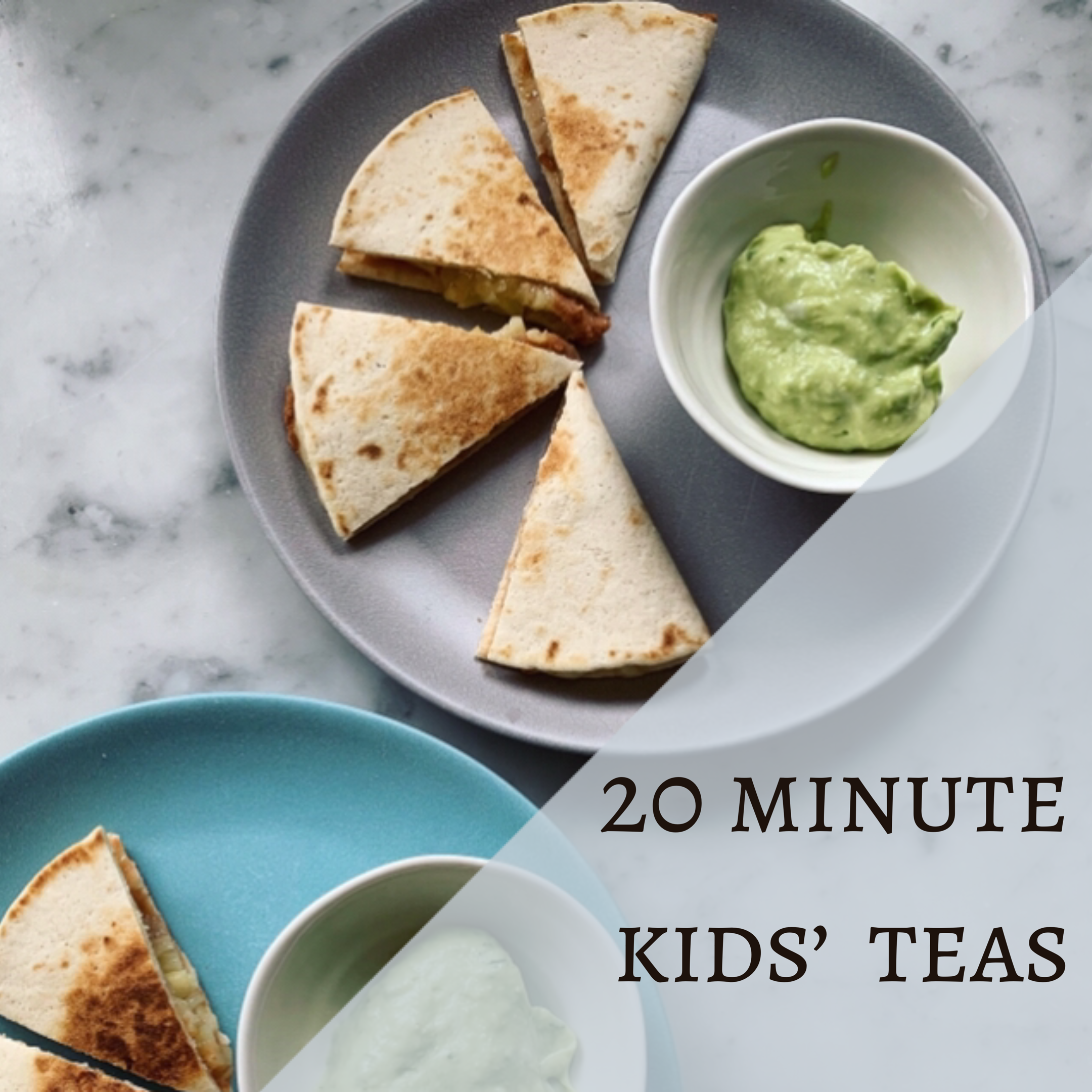



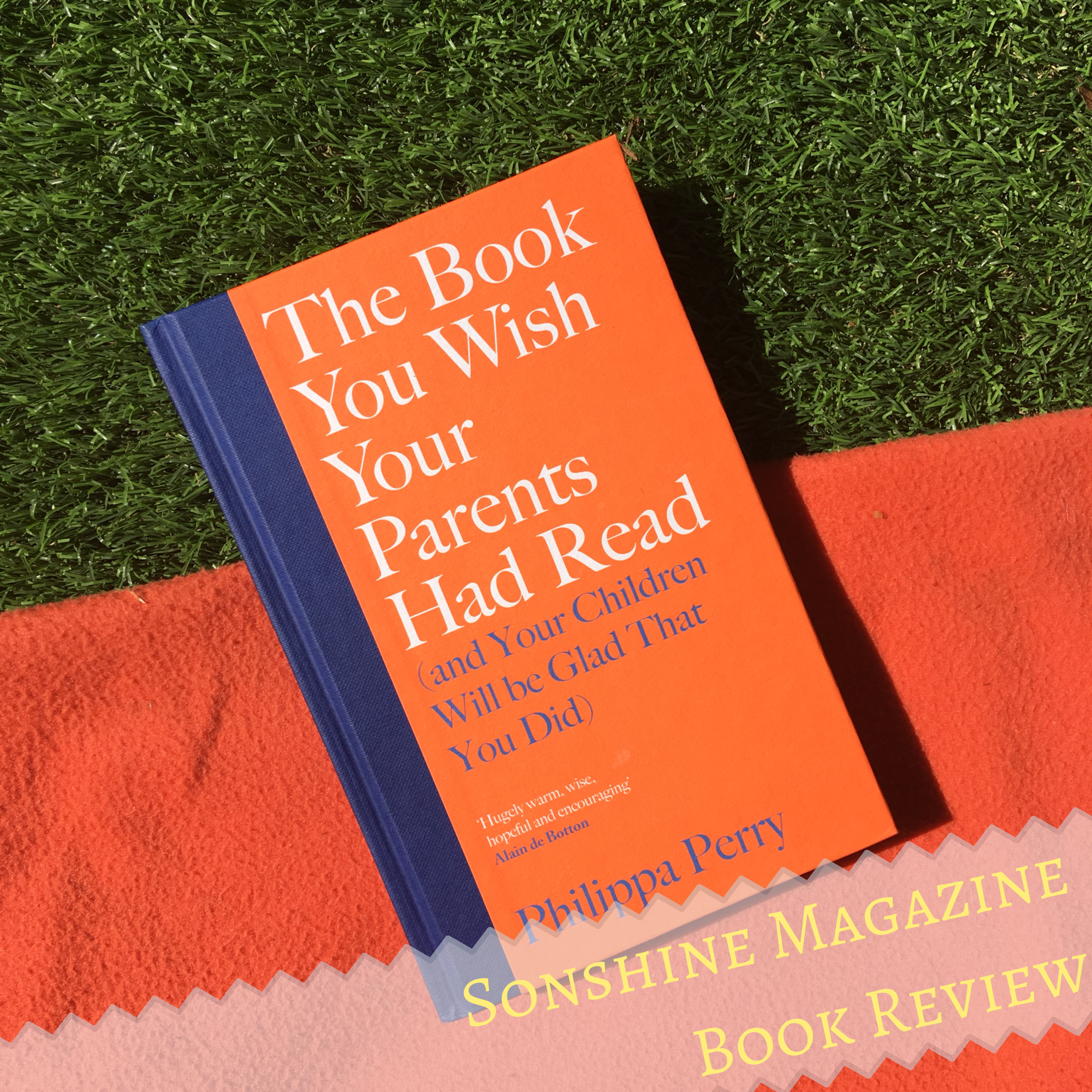
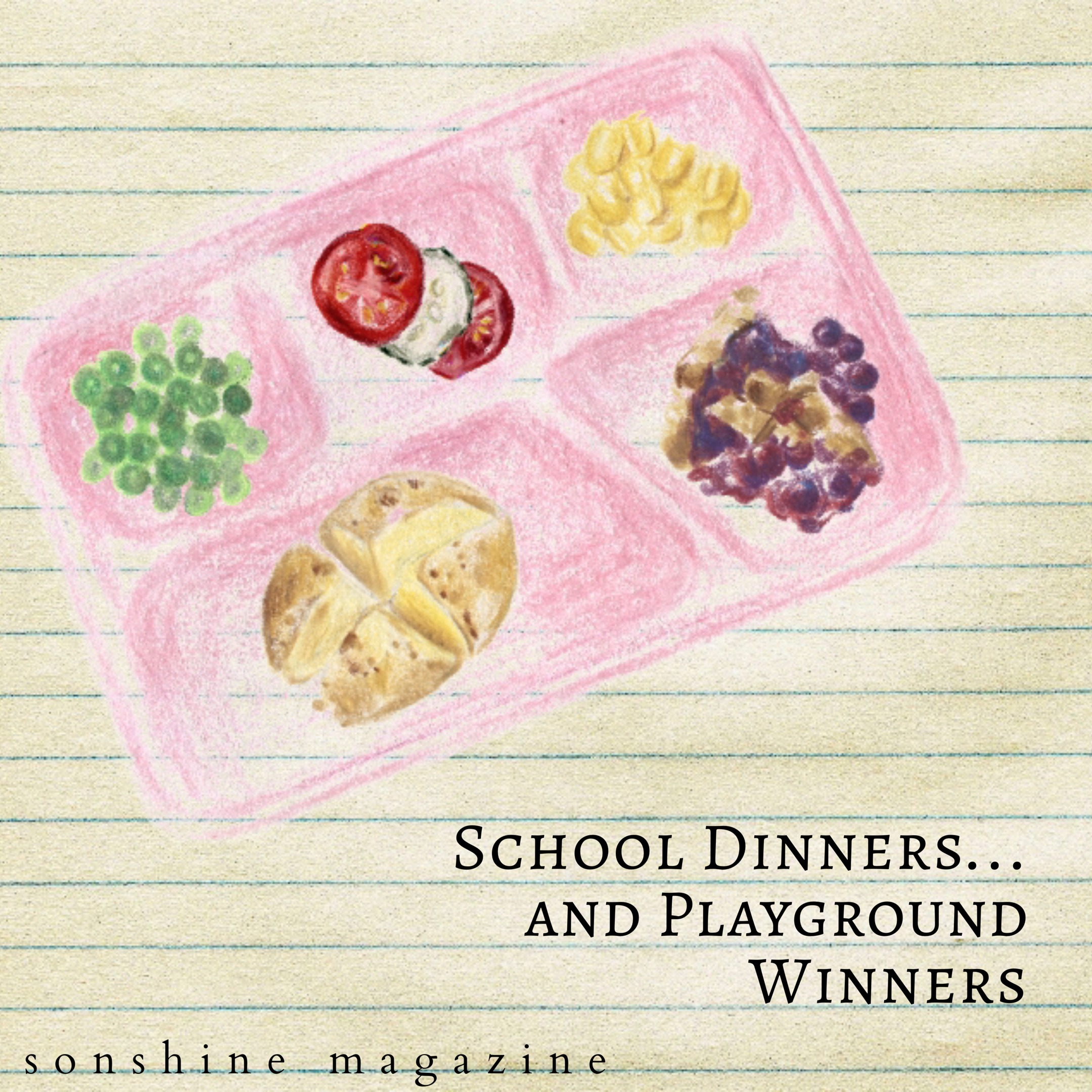
Kirstie introduces this Issue – all about school, and picks a few top articles